NIK BARTSCH’S RONIN at THE IRIDIUM, nyc, NOV 1
photography by ©Clara Pereira / text by Filipe Freitas
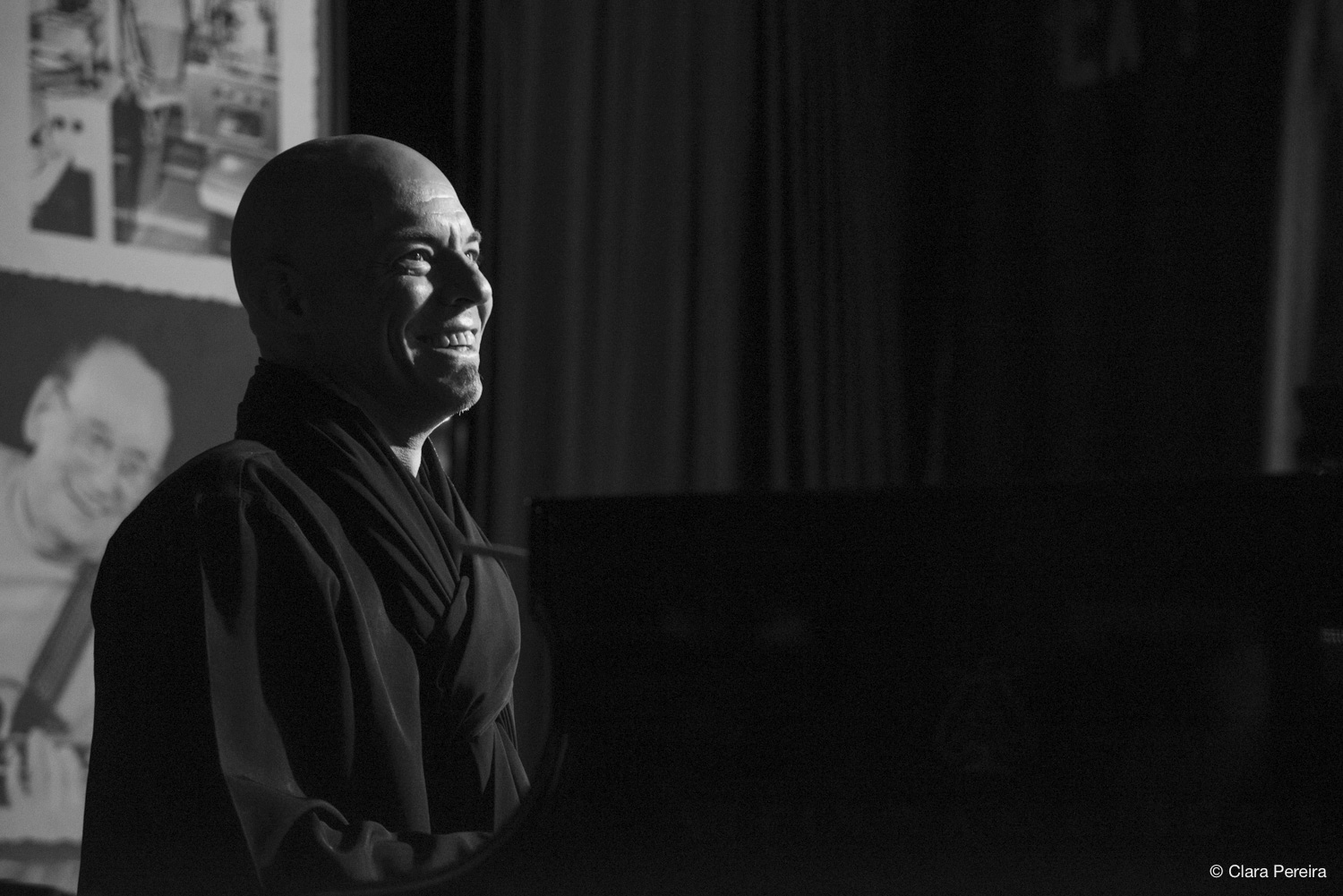
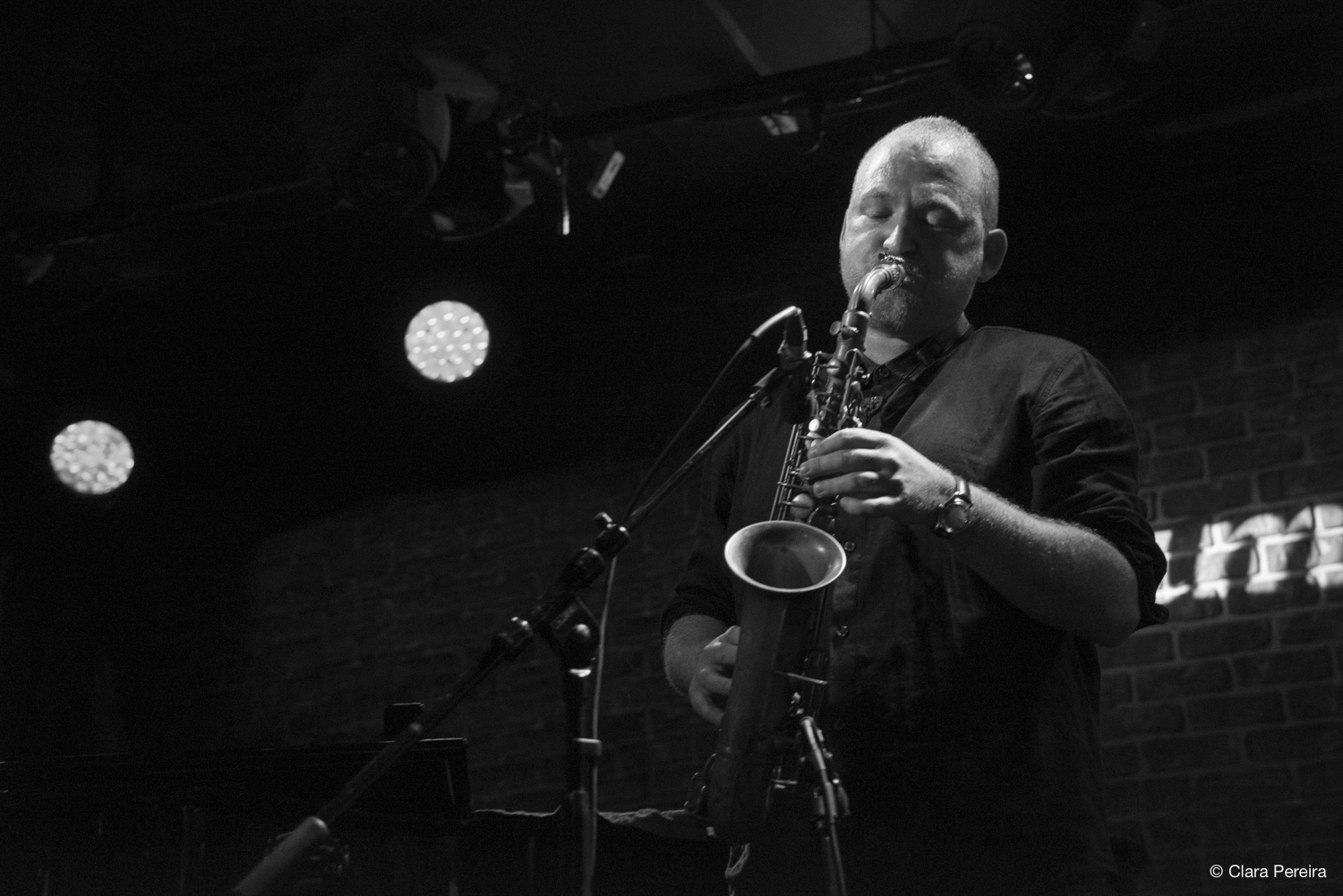
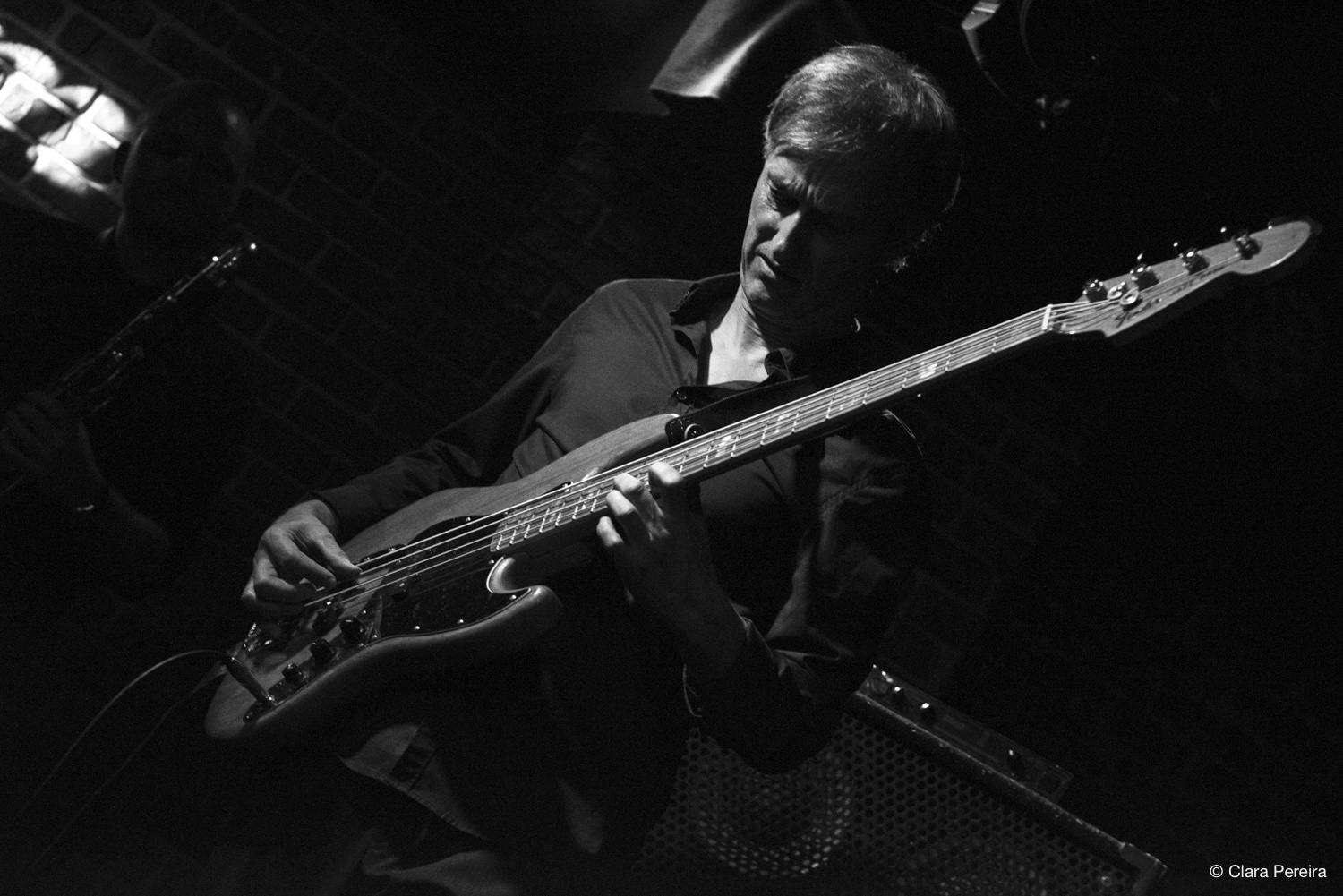
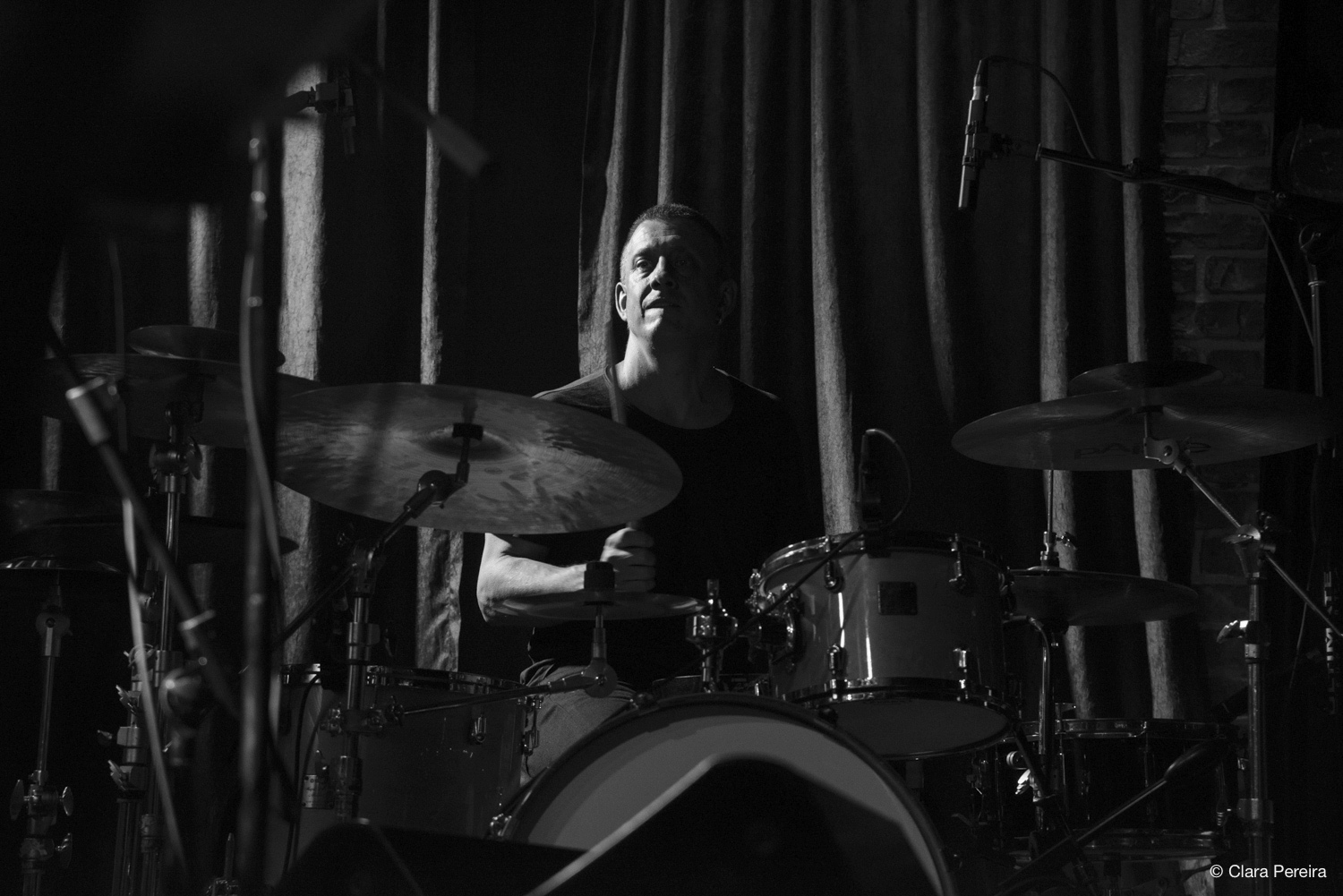
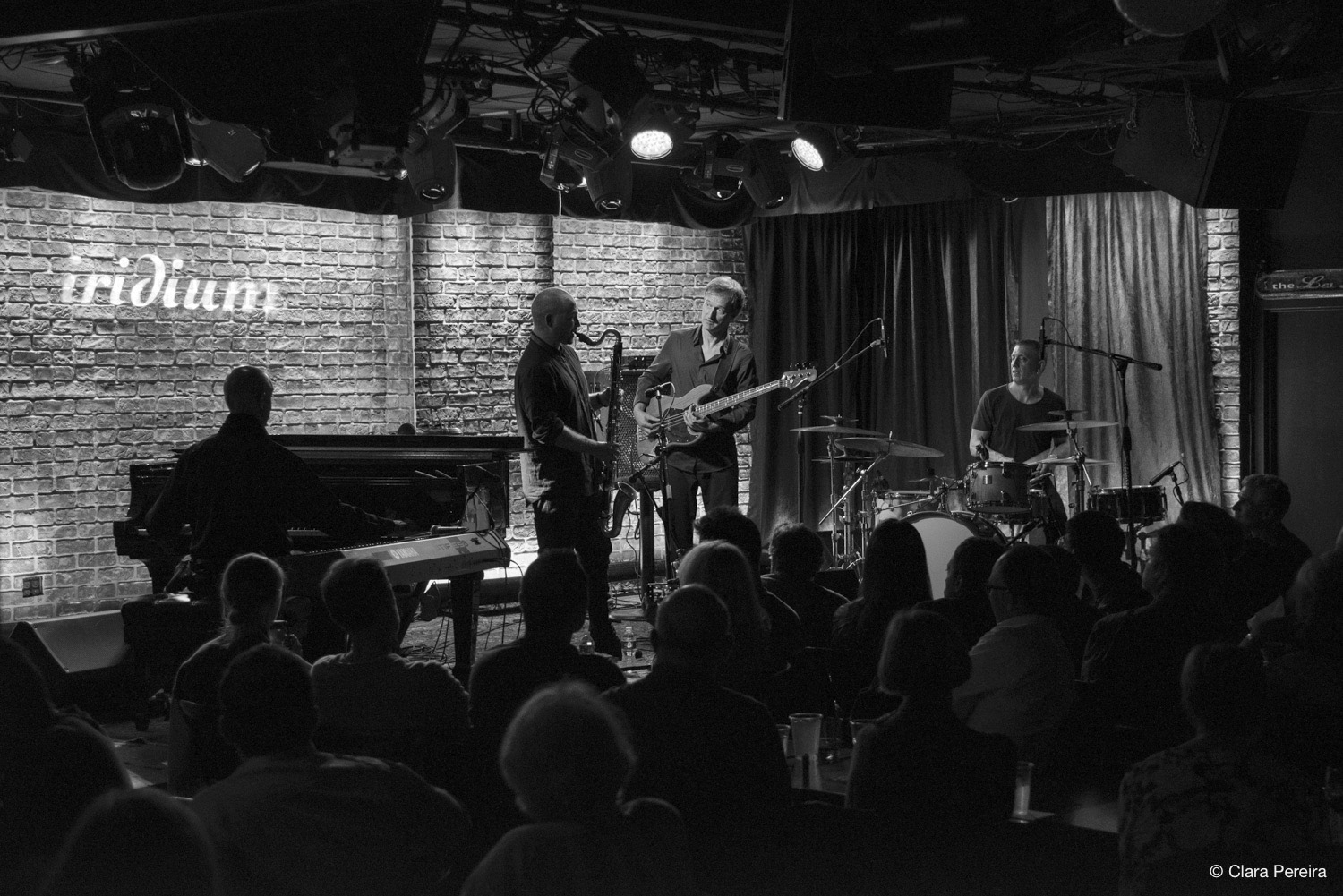
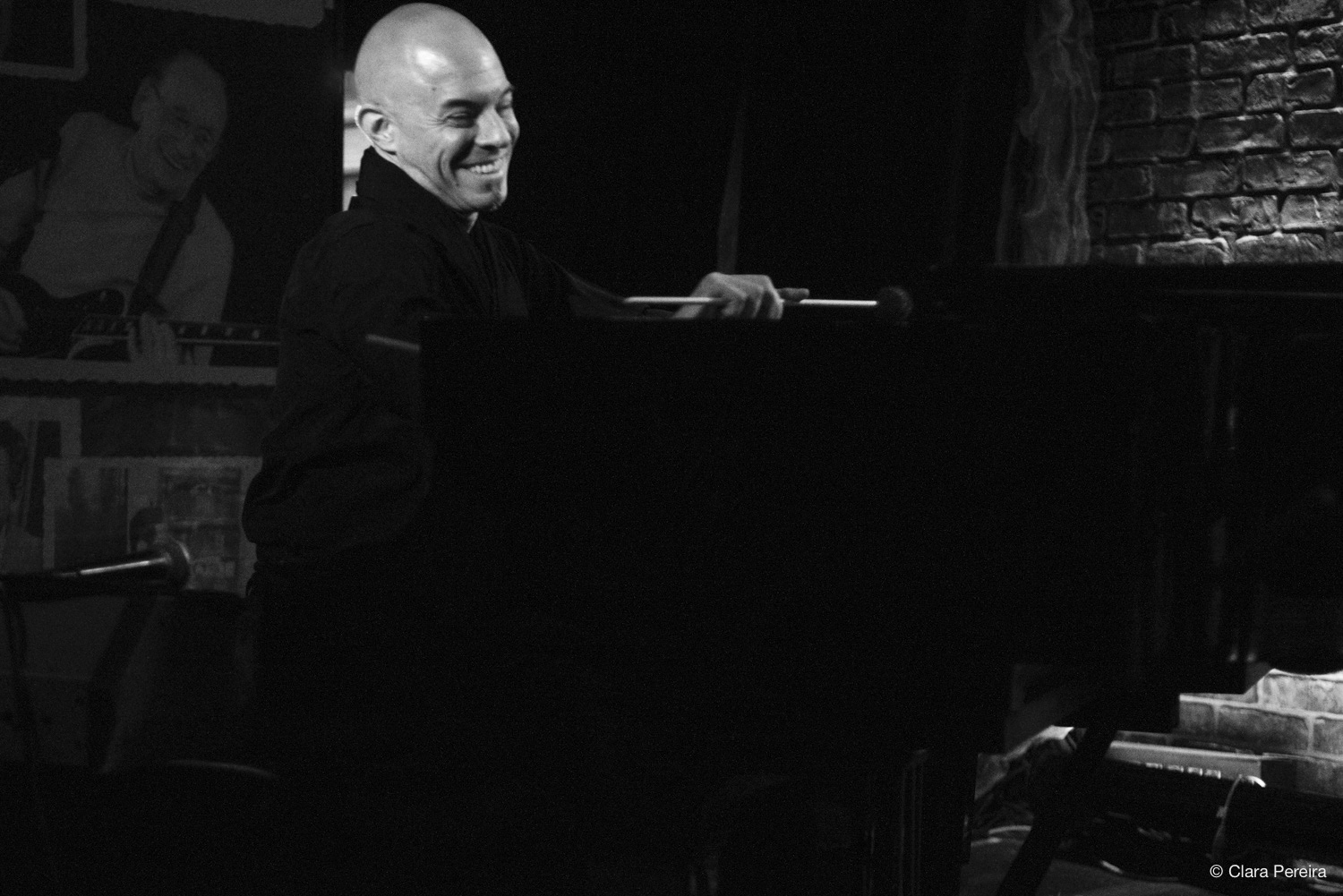
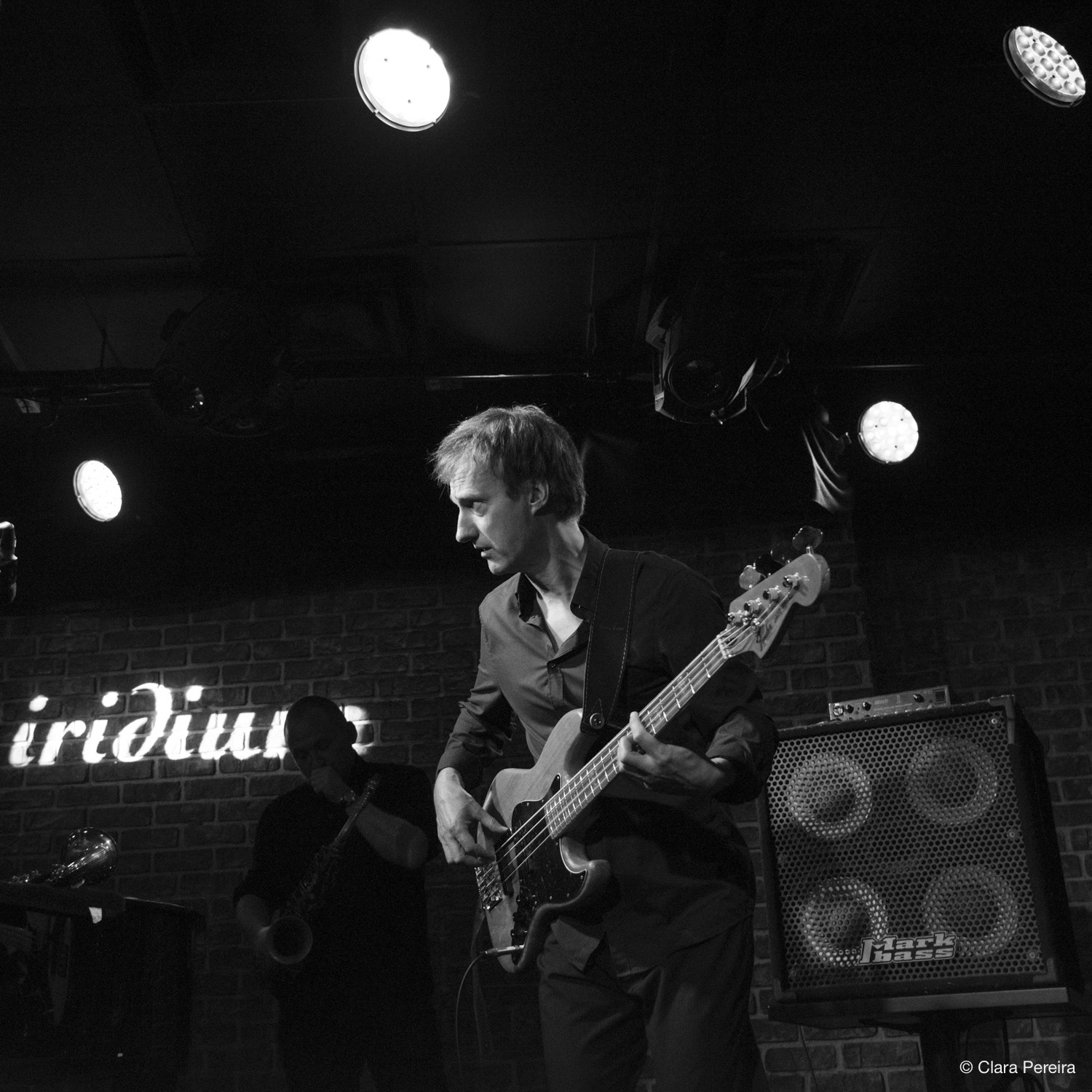
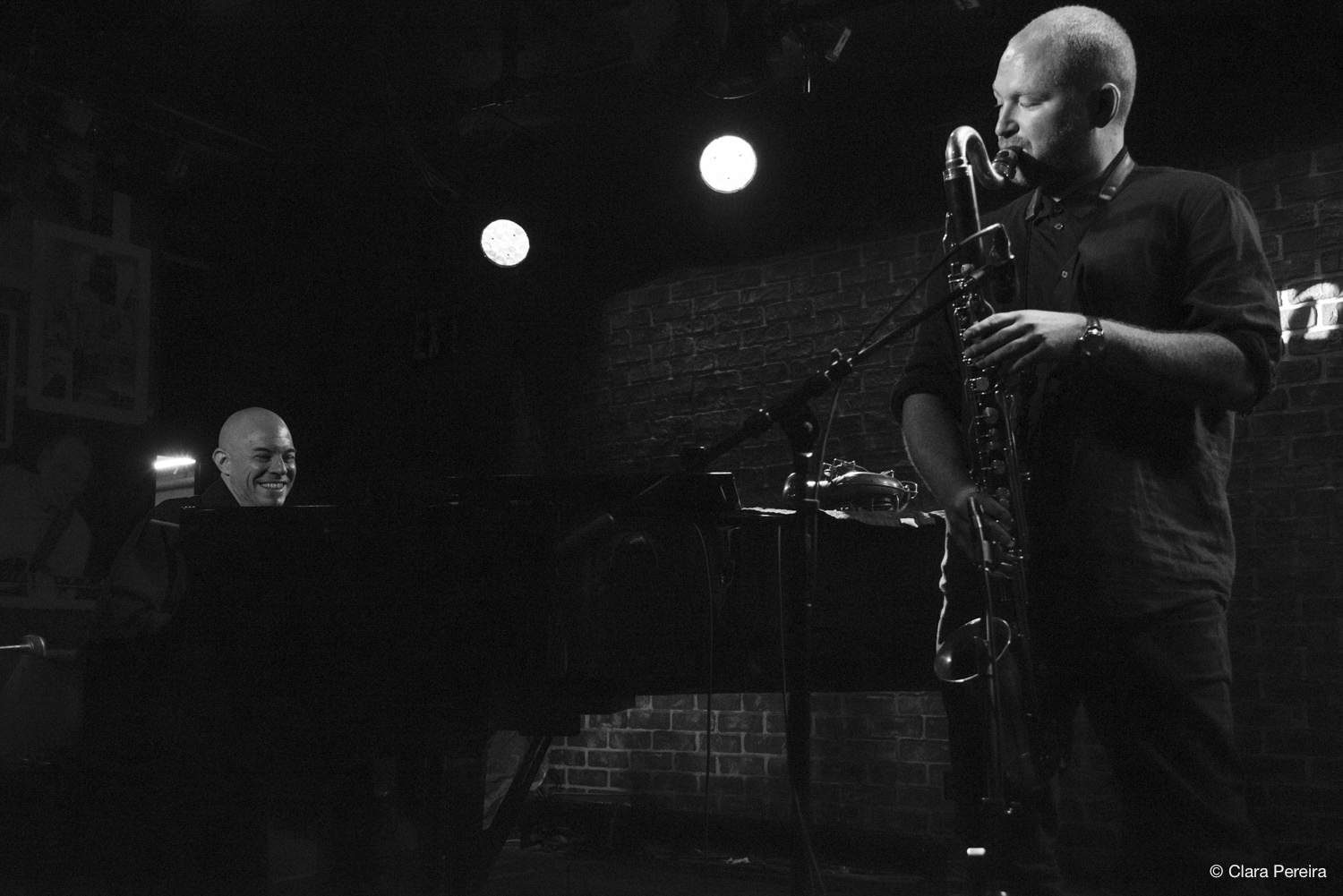
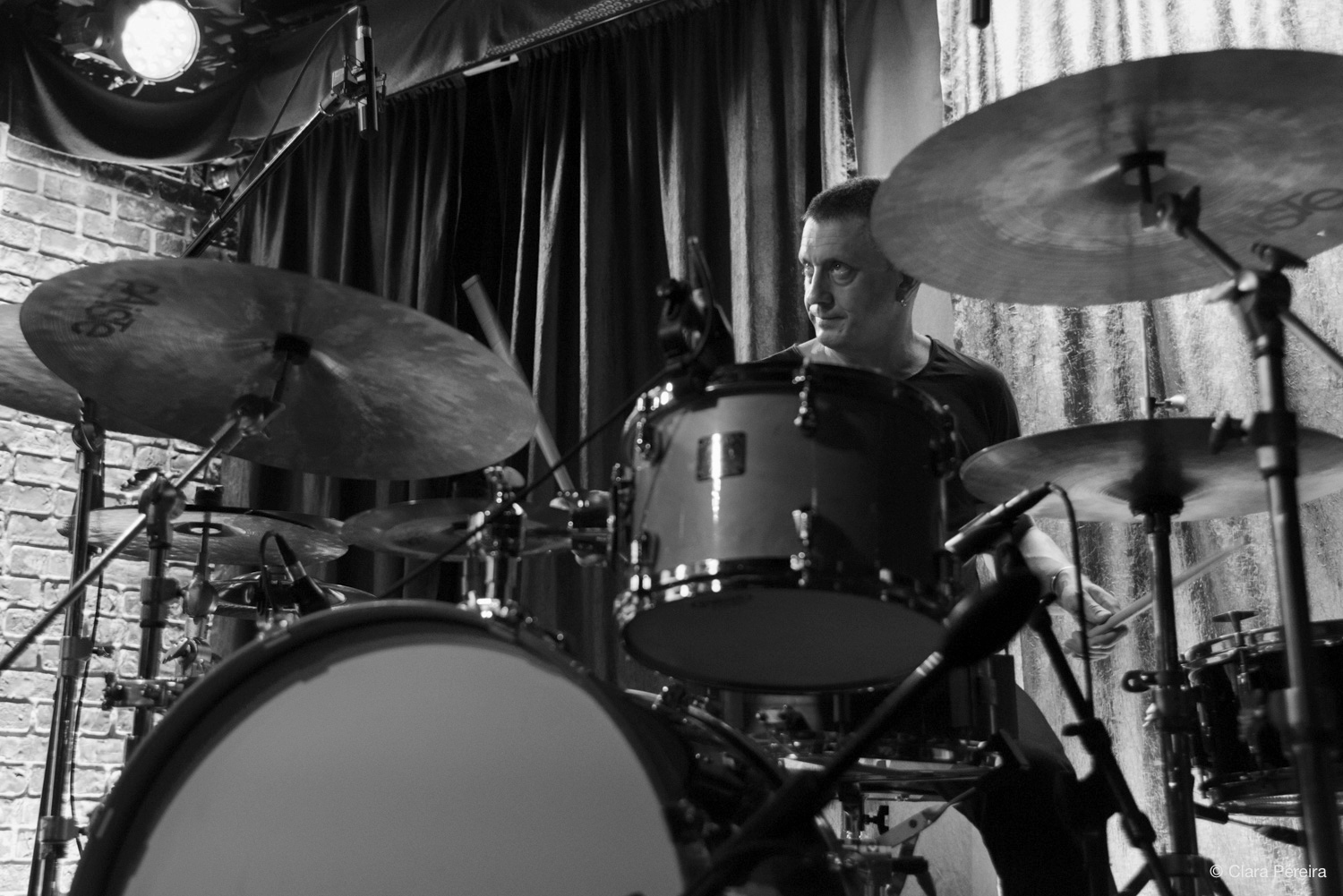
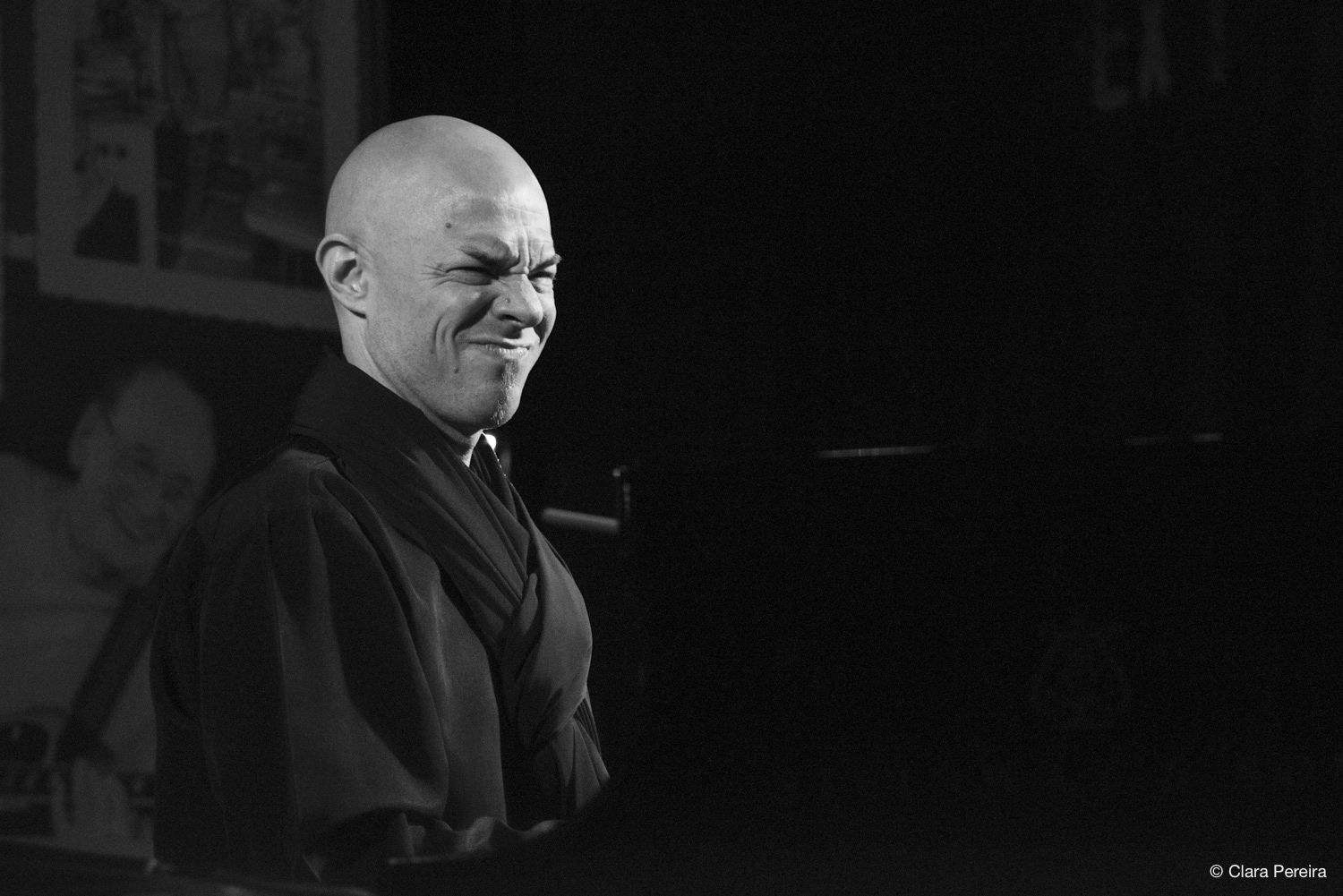
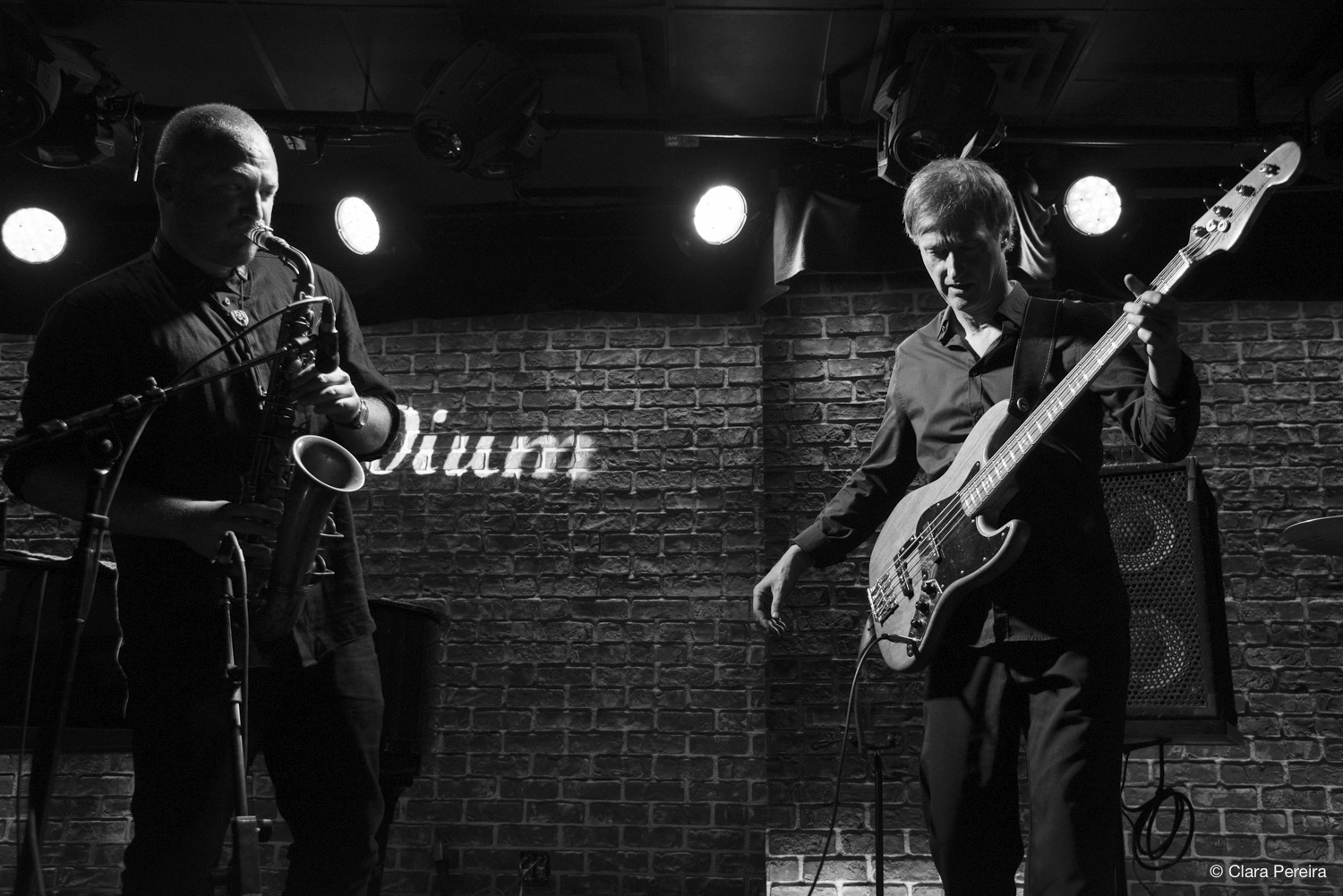
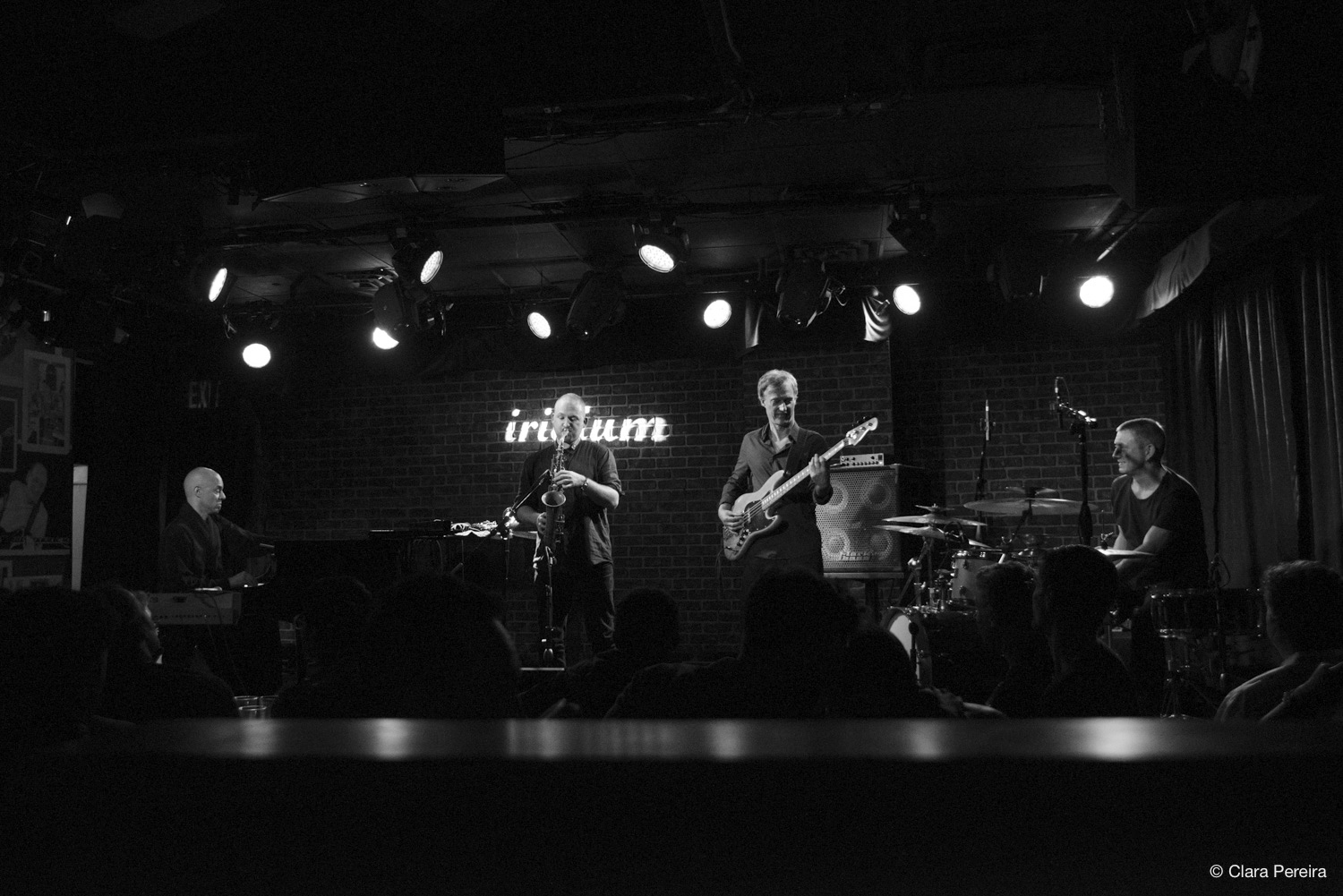
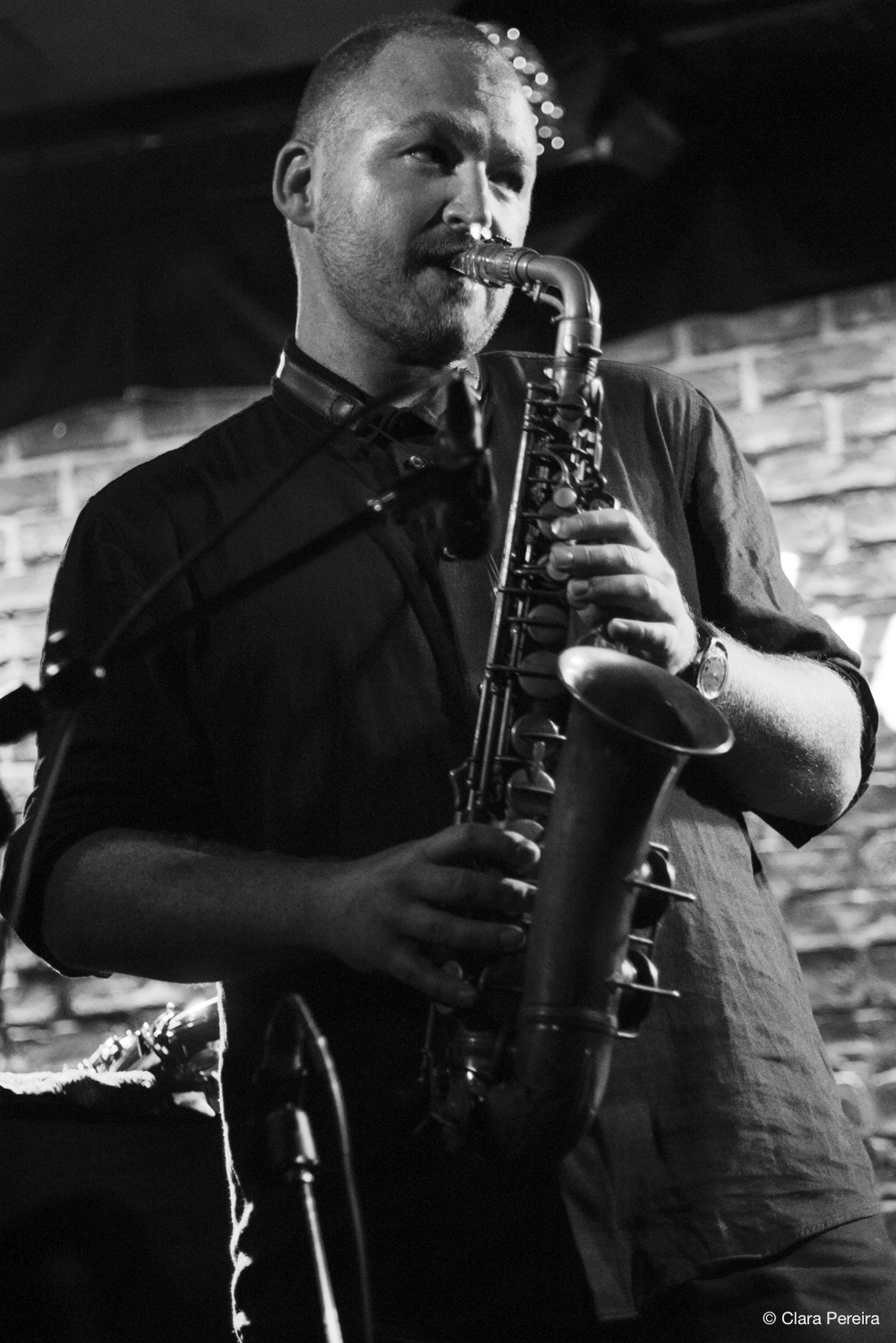
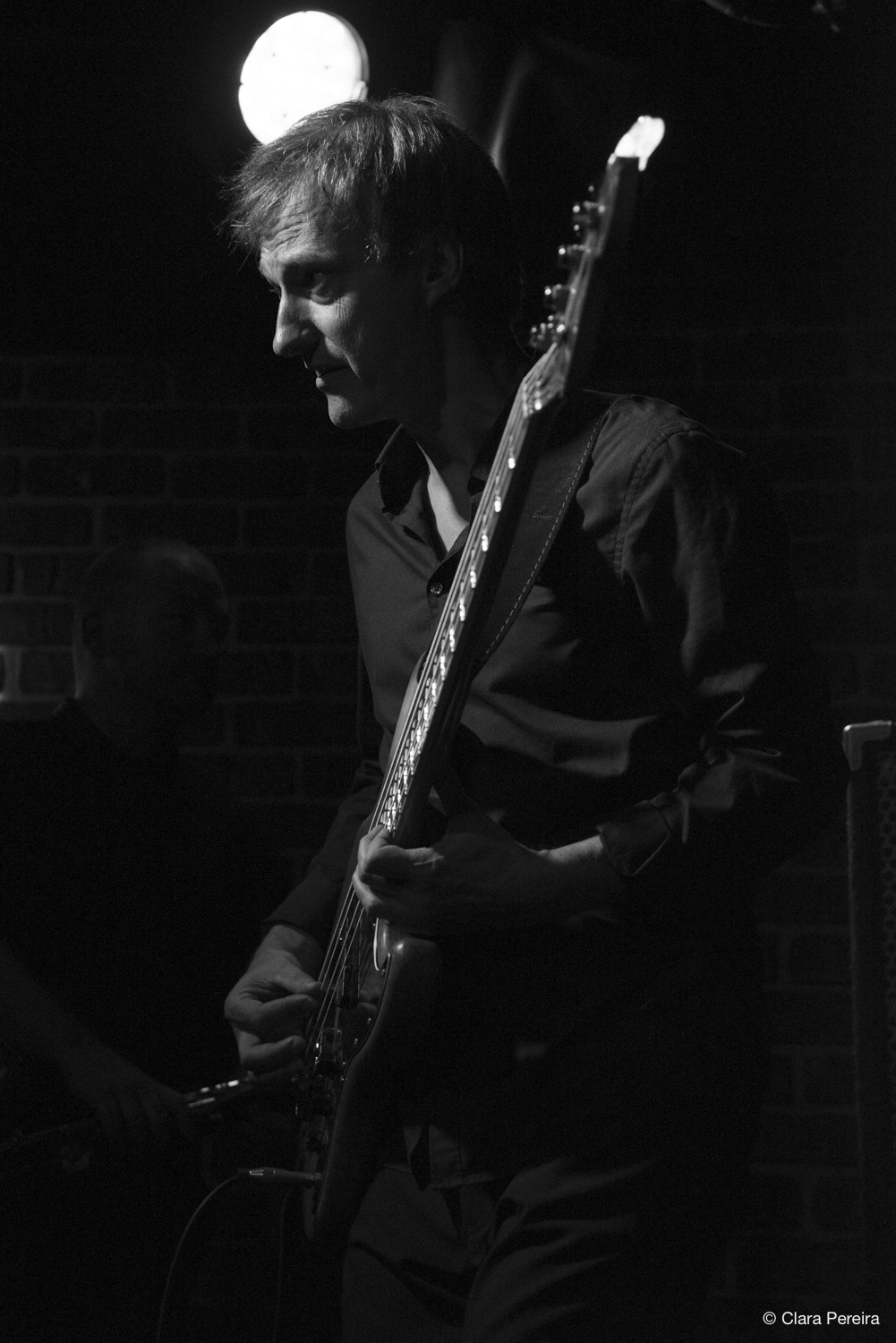
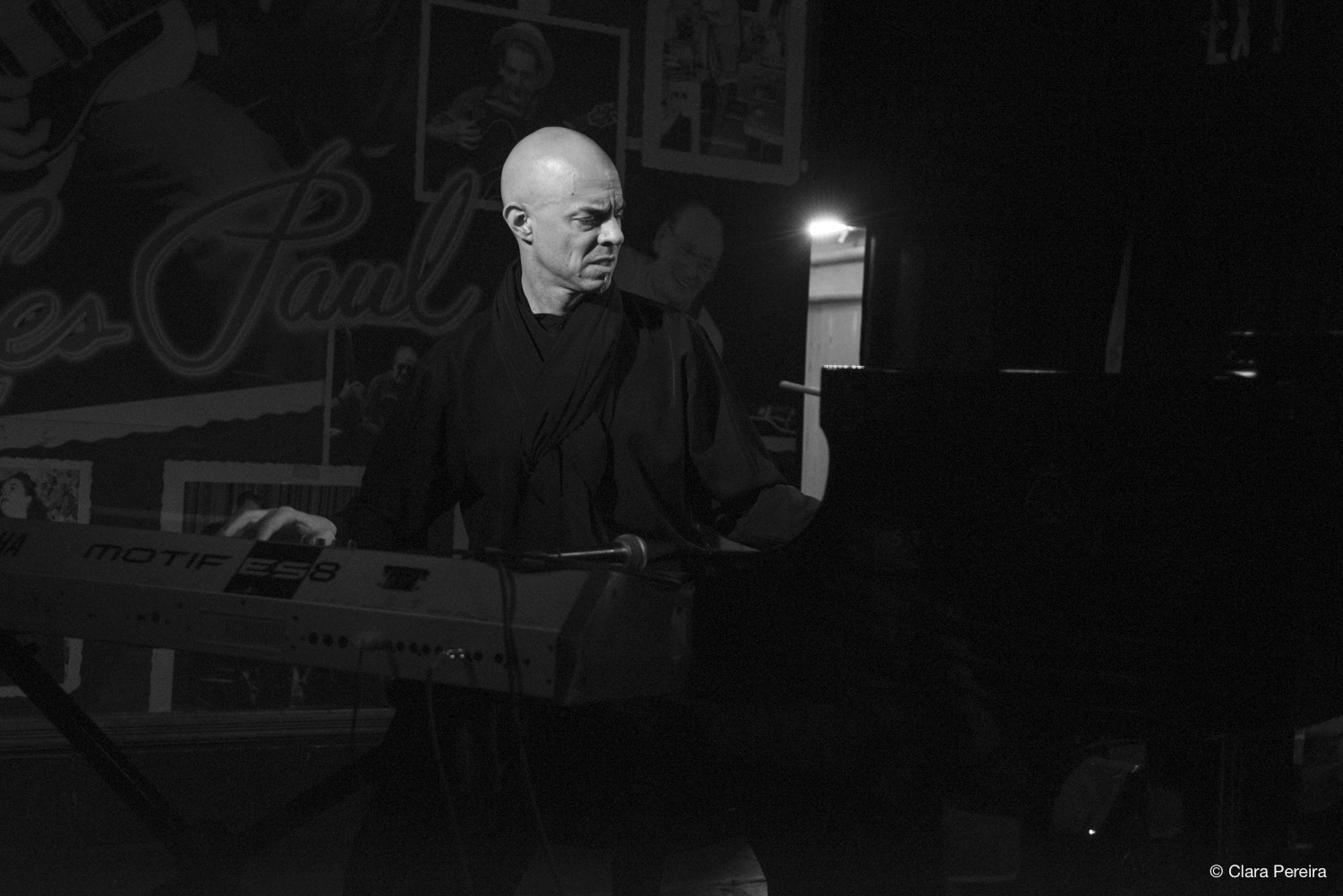
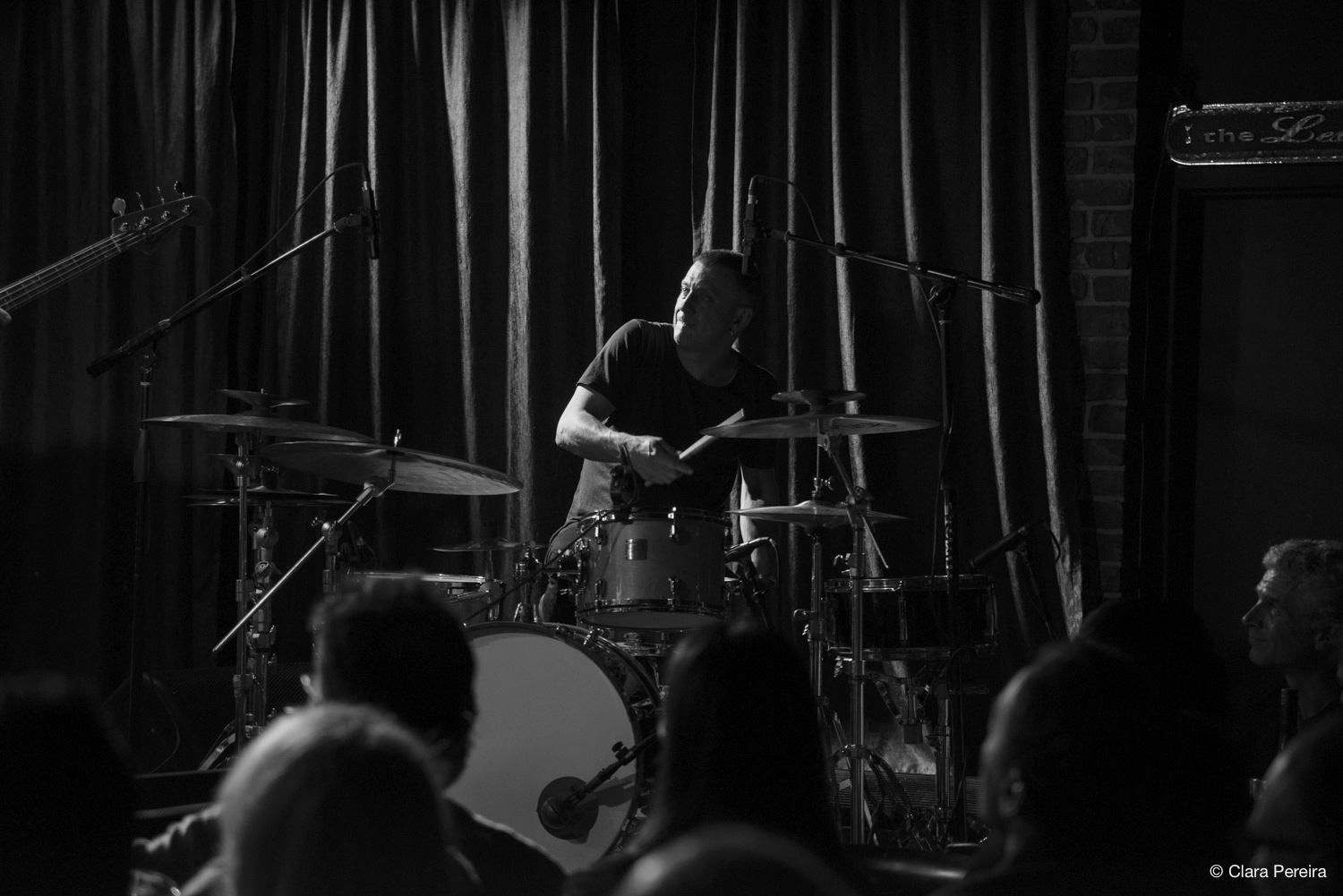
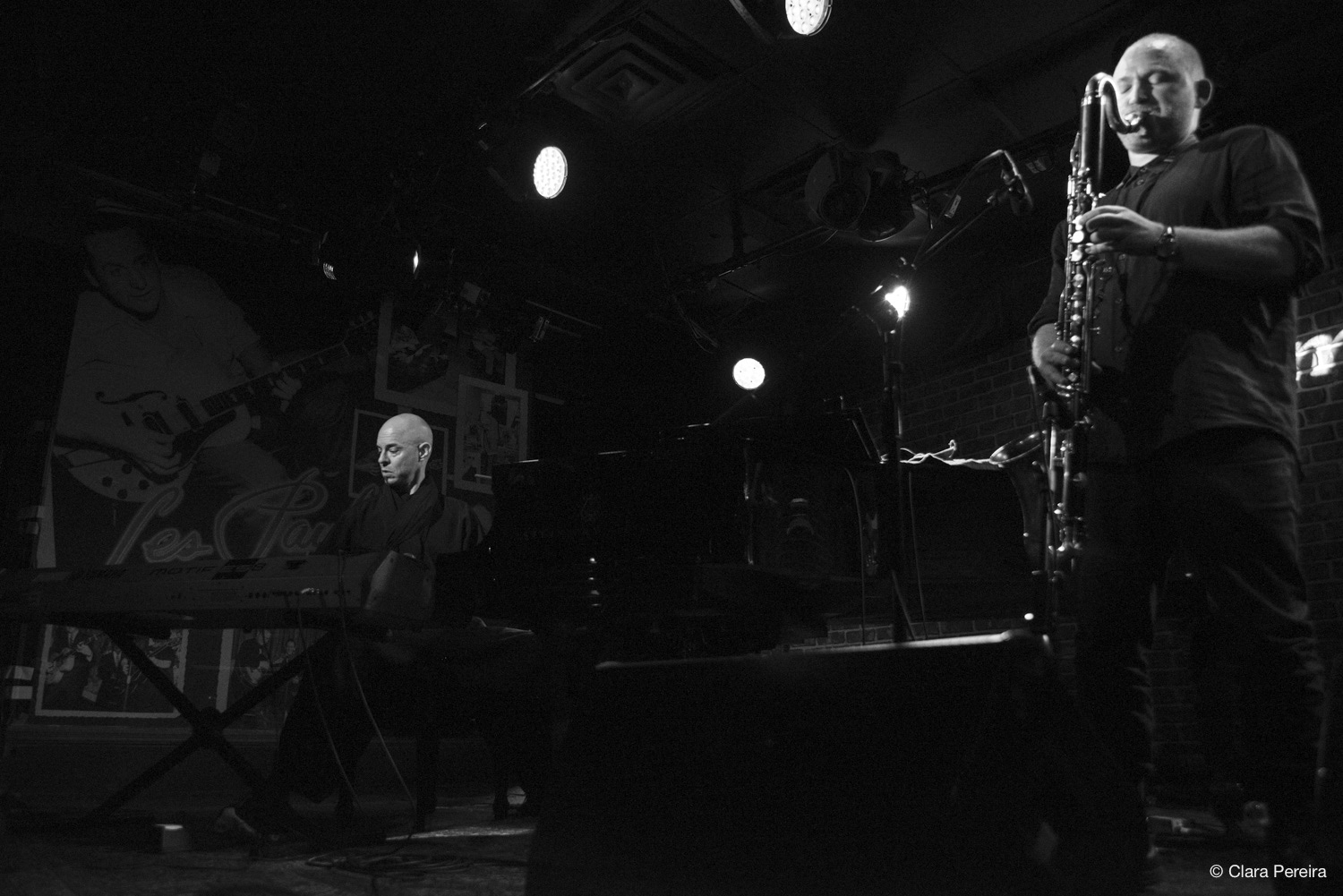
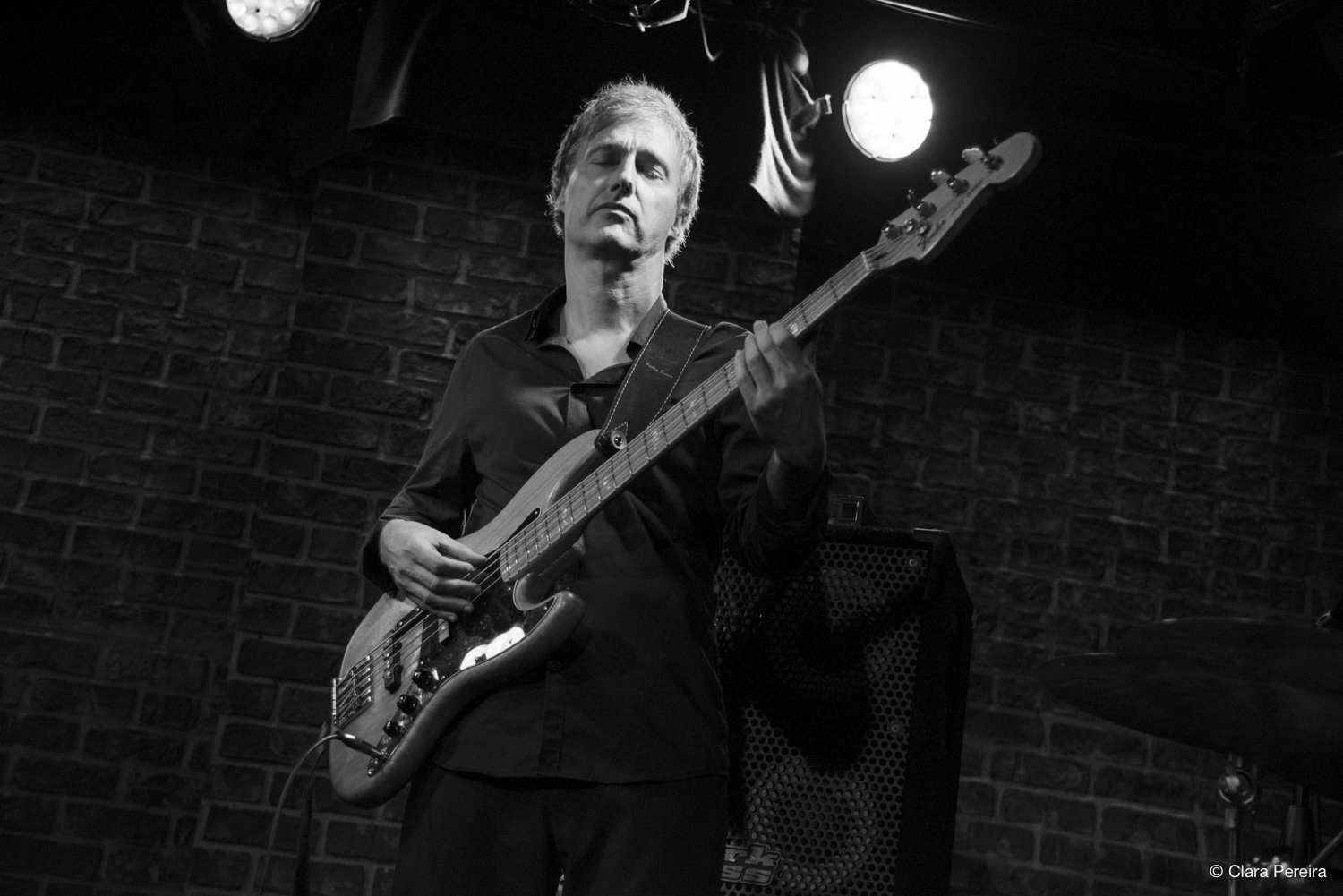
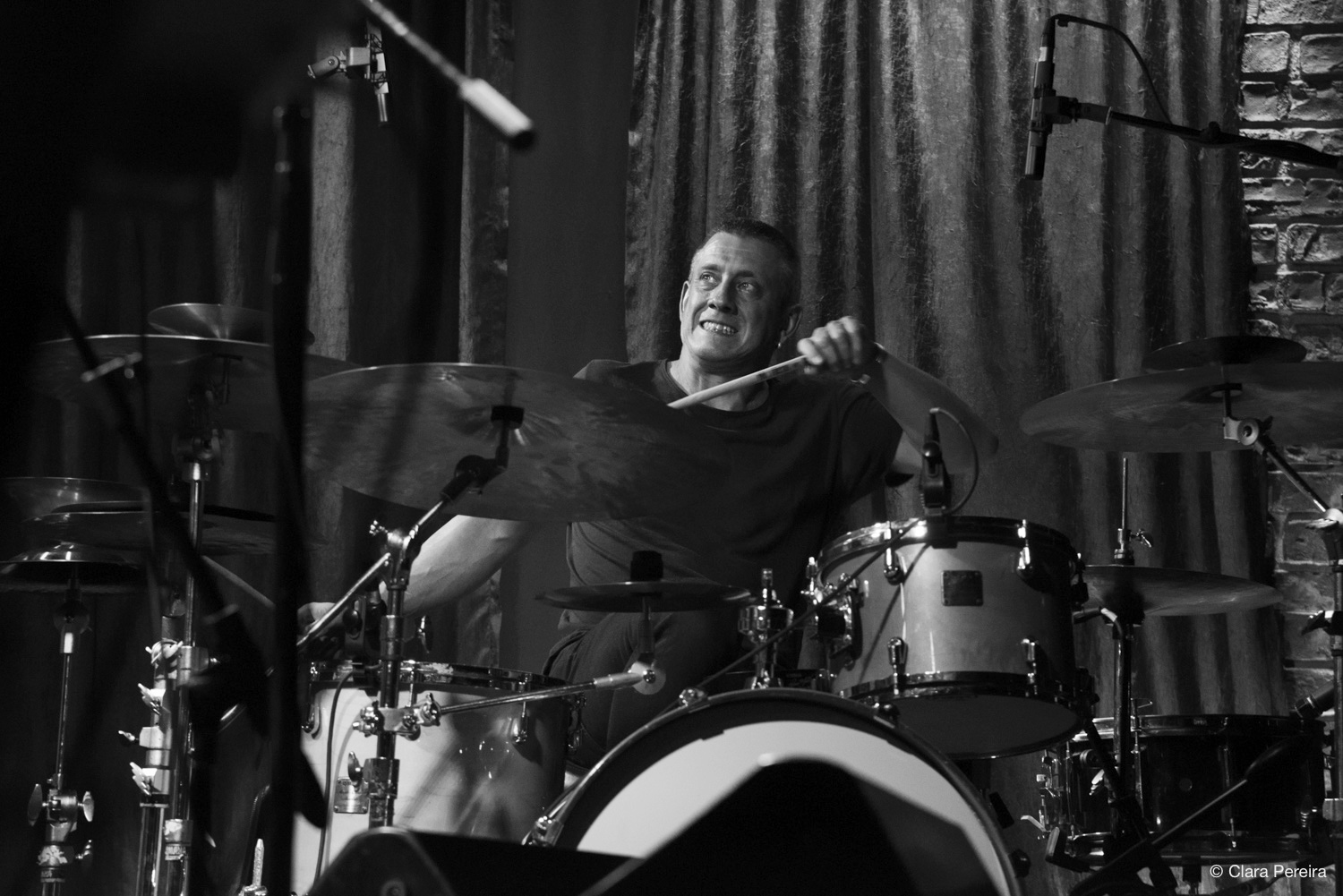
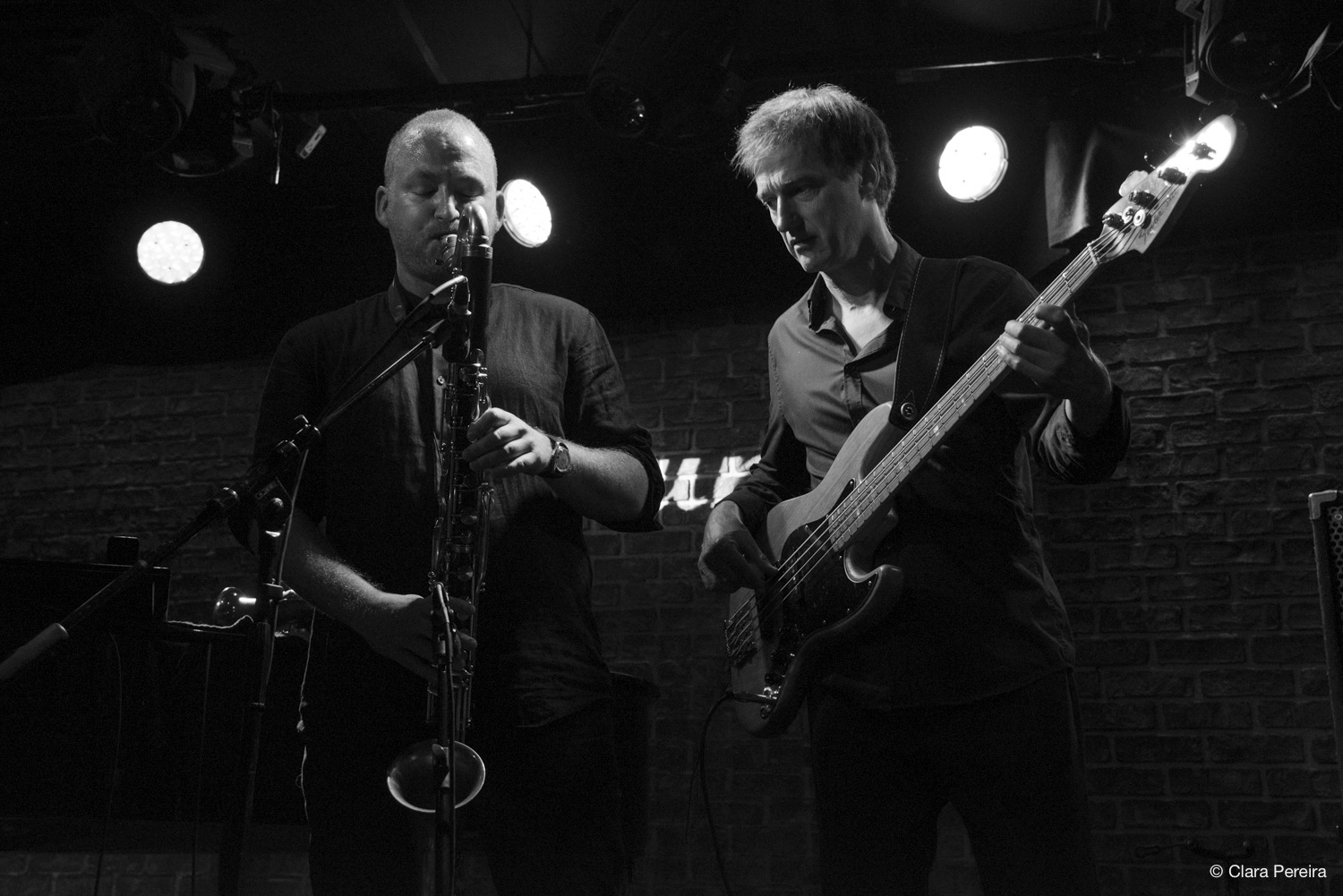
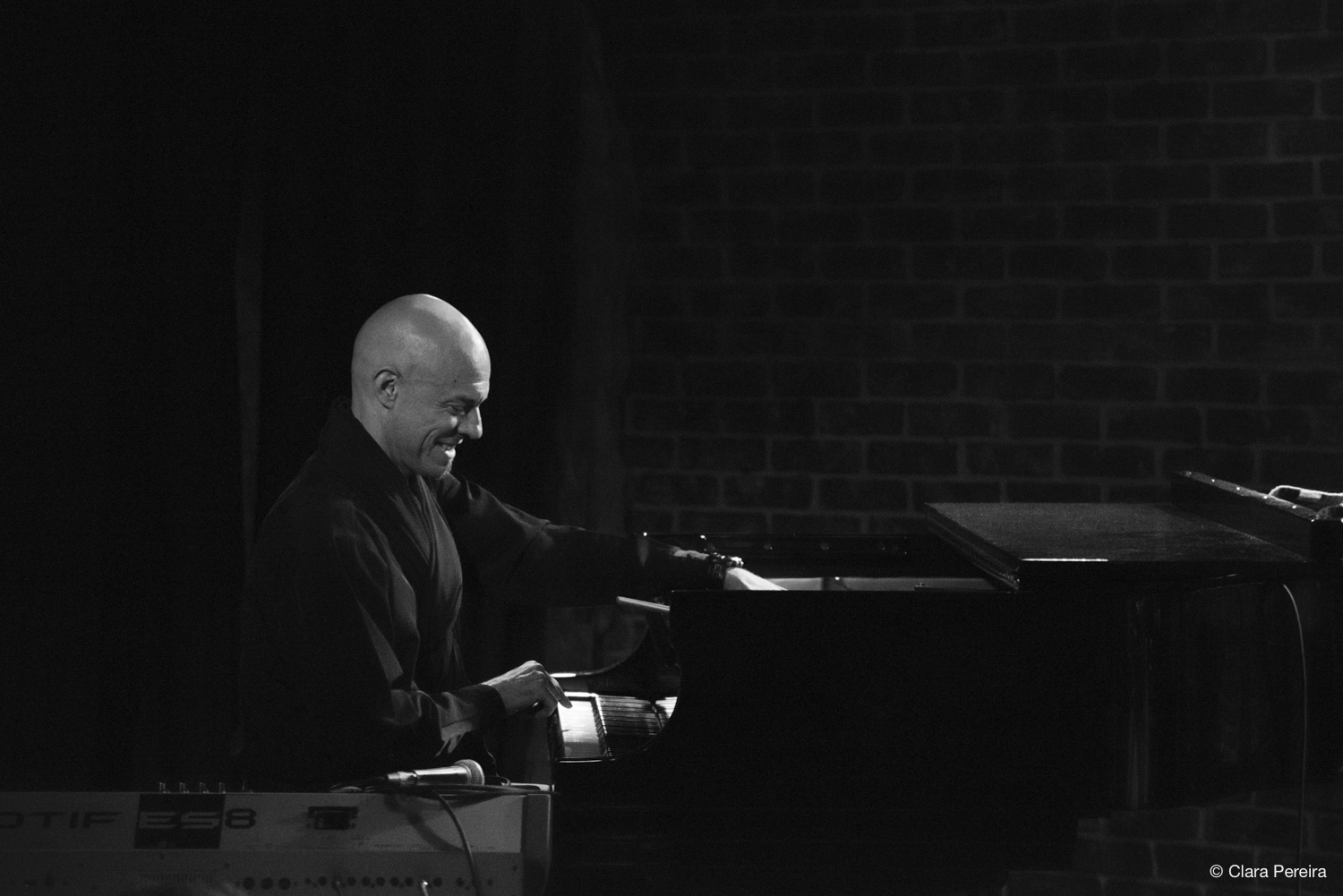
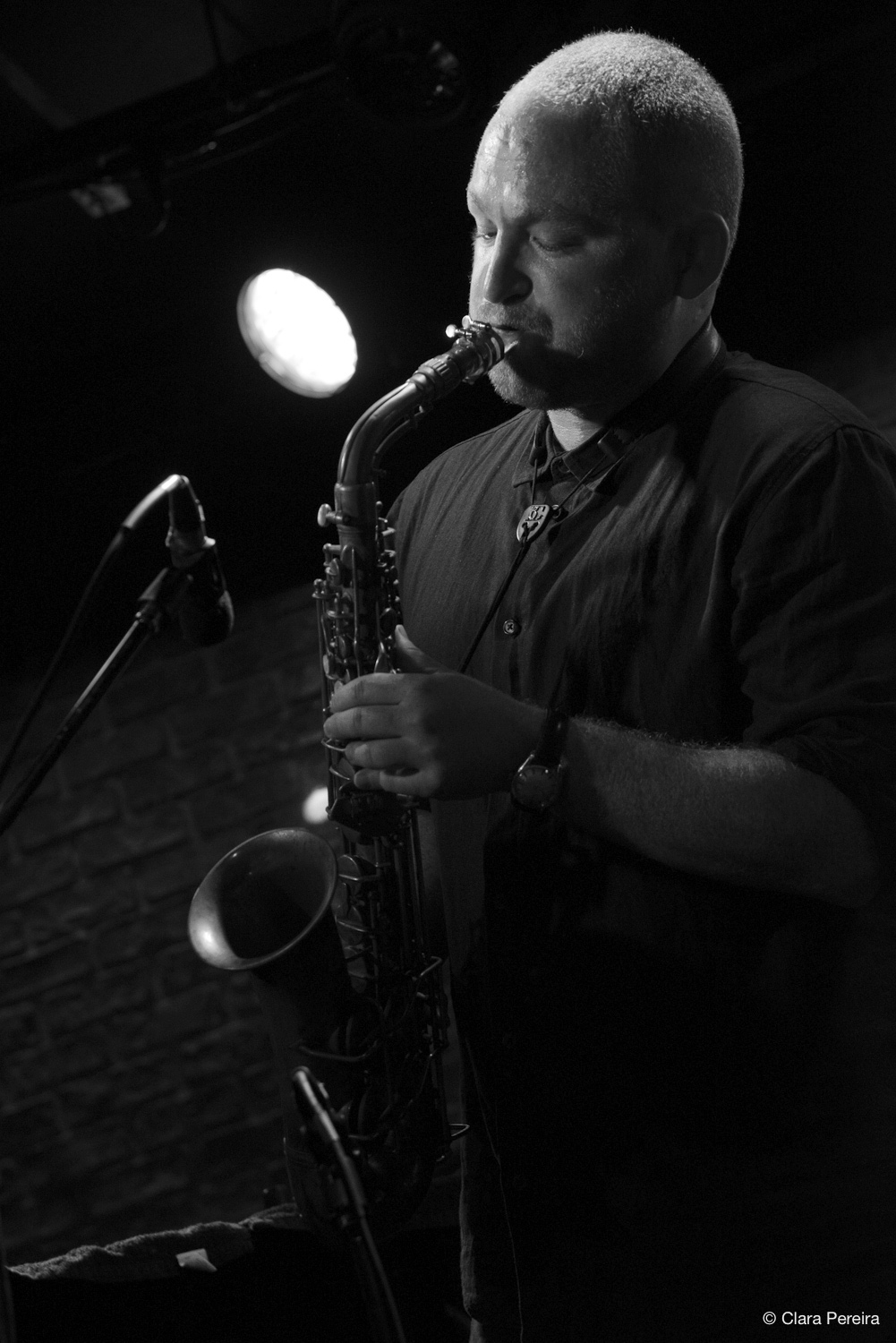
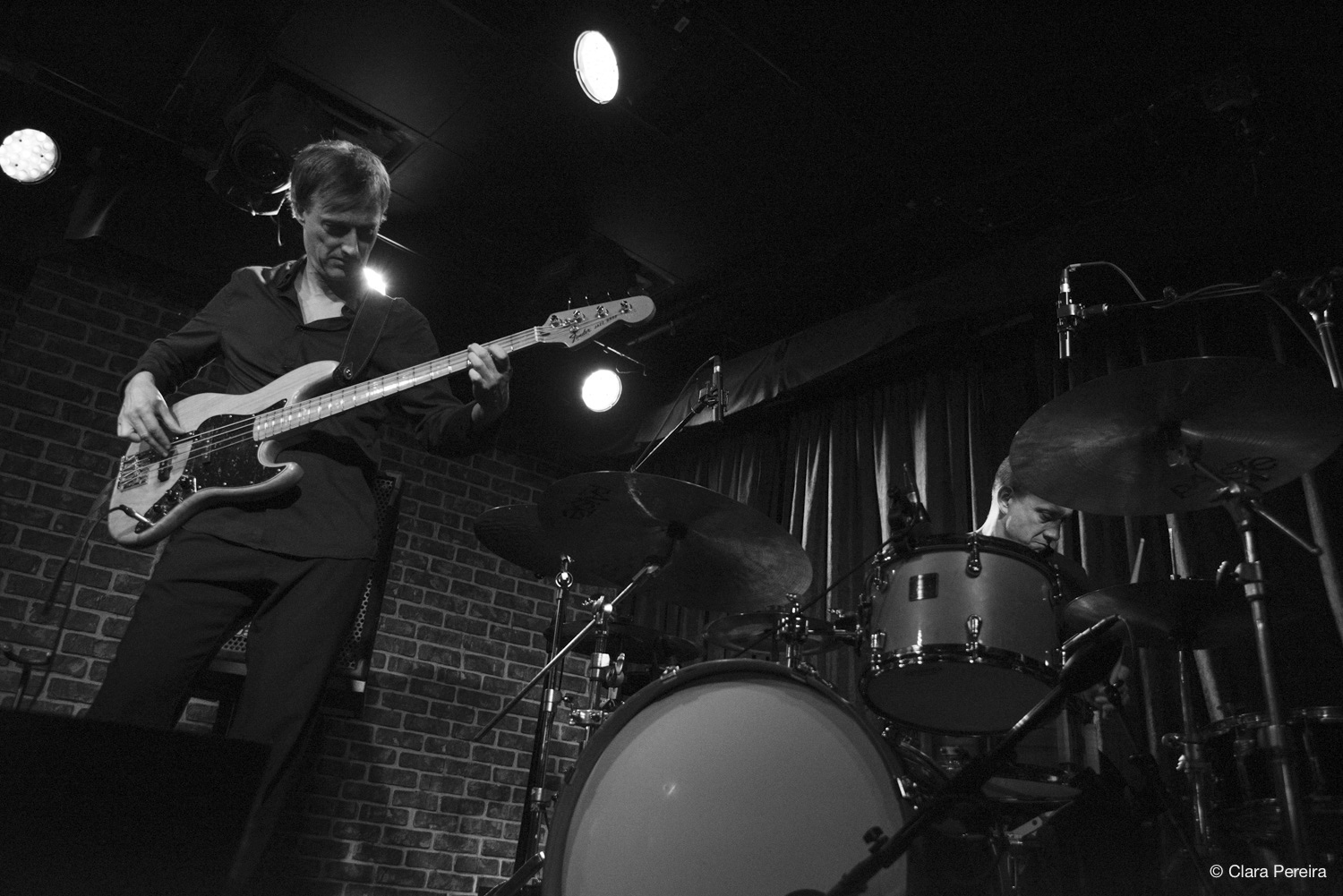
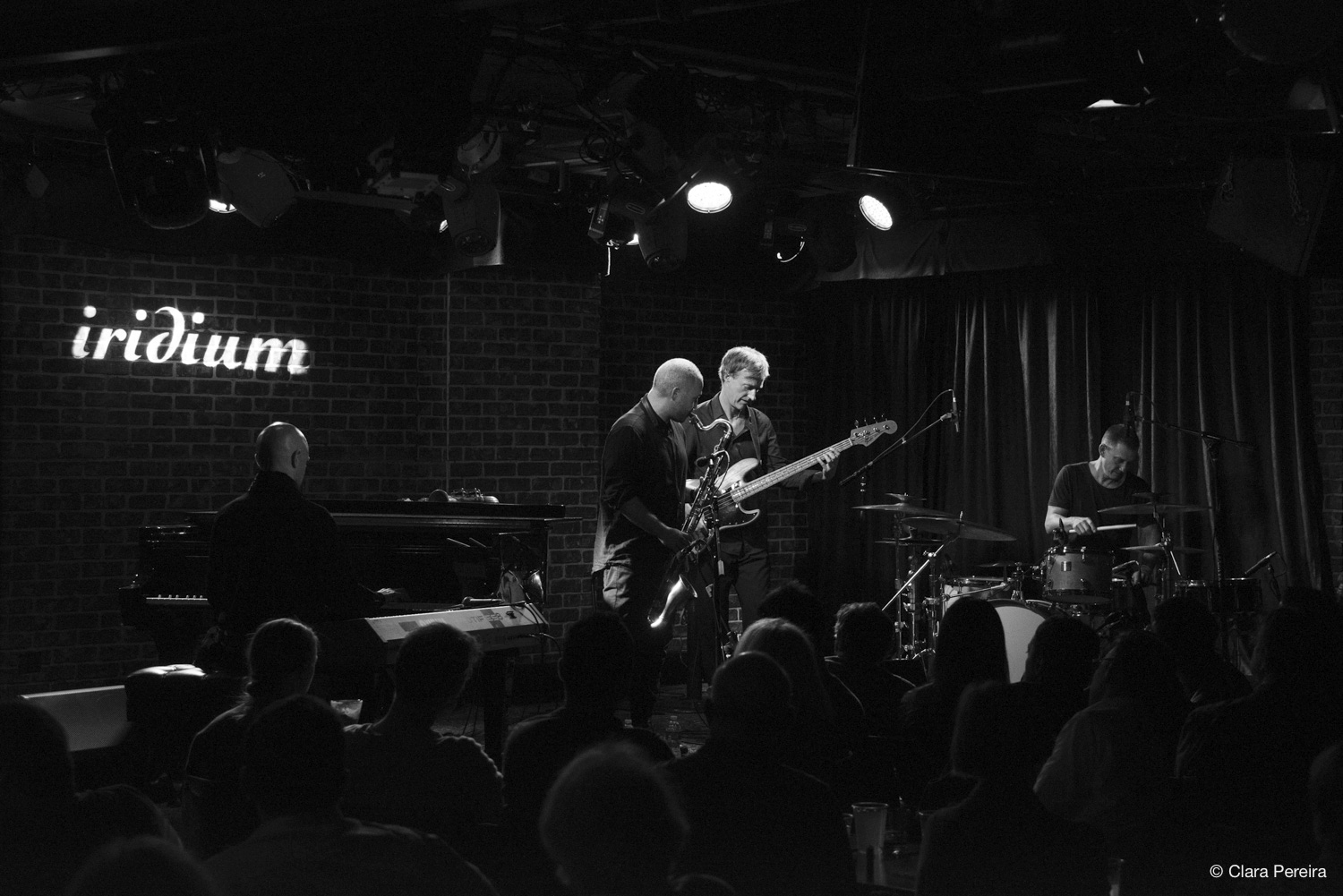
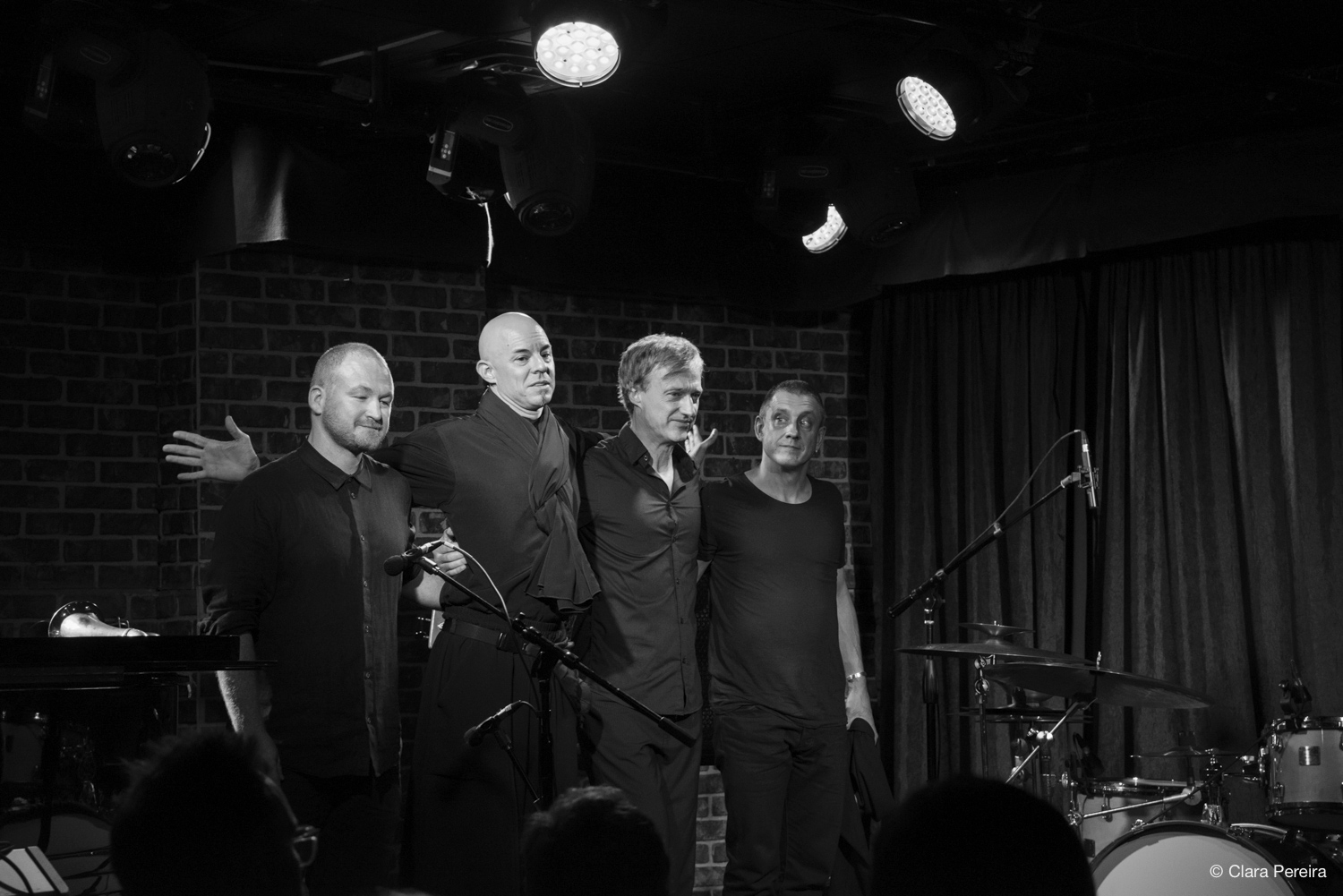
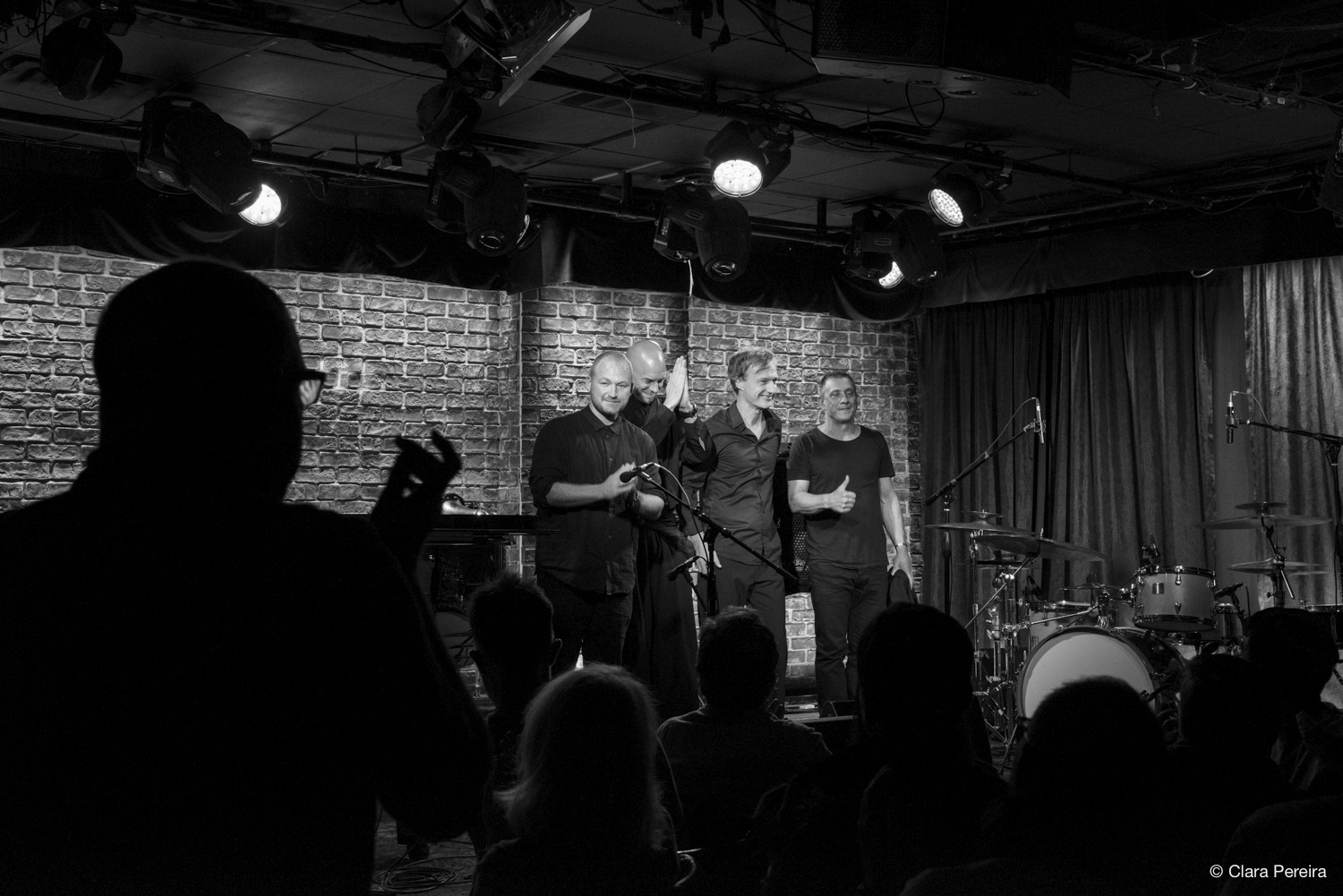
On Thursday, November 1st, the audience at The Iridium got euphoric with the spectacular musical quality provided by pianist Nik Bartsch and his impeccable Ronin quartet: Sha on alto saxophone and bass clarinet, Thomy Jordi on electric bass, and Kaspar Rast on drums. Substantially based on inventive cyclical grooves, the music flew with a rock-solid punch, offering a wide assemblage of moods and textures.
Changing the track alignment of their latest ECM album, Awase, the band opened with “Modul 58”, atmospherically introduced by a low-pitched piano ostinato substantiated by the bass player, mallets hitting cymbals, and clarinet repetitions with occasional air notes. This temperament is rerouted to an infatuating groove with plenty of rim shots and hi-hat strokes, clarinet pop sounds, and light-handed piano tapestry. All the instrumentalists adopted a percussive role at that time, with Jordi becoming more adventurous as the song progresses.
“Modul 60”, the first track on the album, was played next, imparting a meditative Eastern minimalism underpinned with sparse, resonating bass plucks. Comfortably employing extended techniques, Bartsch also devised colorful mosaics in the higher register, altering textures with a fine balance between groove and dissonance. The piece takes the shape of a lively jazz-funk, gradually infused with that type of energy associated with alternative rock music. The attendees were already conquered, and someone, overenthusiastic, kept cheering effusively and anticipating some of the tunes’ lines, which upset some people in the audience.
The beautiful melody of “A”, a prog-rock ballad in seven, started to echo in the room with Sha on alto and Bartsch accompanying him with muted notes. Conspicuous drum fills decorated it, from the moment they decided to thicken up density. After concluding with “Modul 36”, which evolved from lyrically reflective to an experimental, industrial-like funk with high peaks of energy, the band returned to the bandstand for a playful, shifting encore, which, besides Sha’s fierce outcries and Rast’s spanking drums, featured the group’s habitual cohesion.
Bartsch’s Ronin is a seriously impactful band, especially live, and its members are equal parts of a flawless rhythmic engine whose raw grooves feel mesmerizingly functional at all times.
